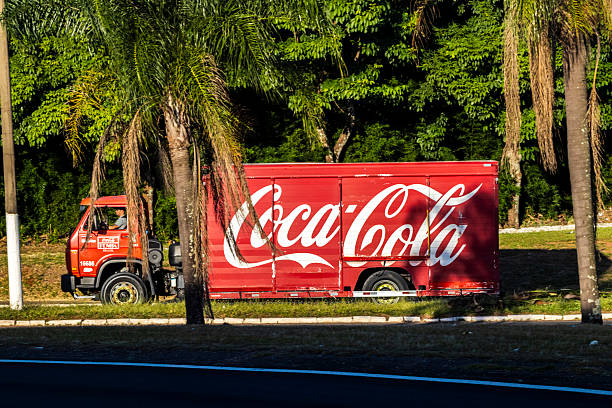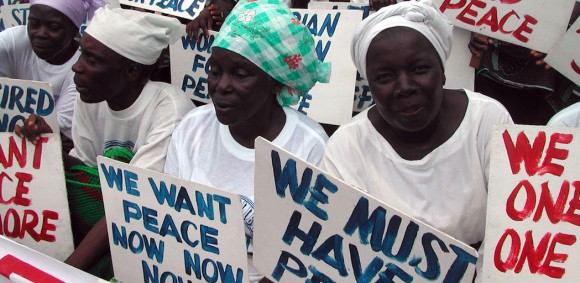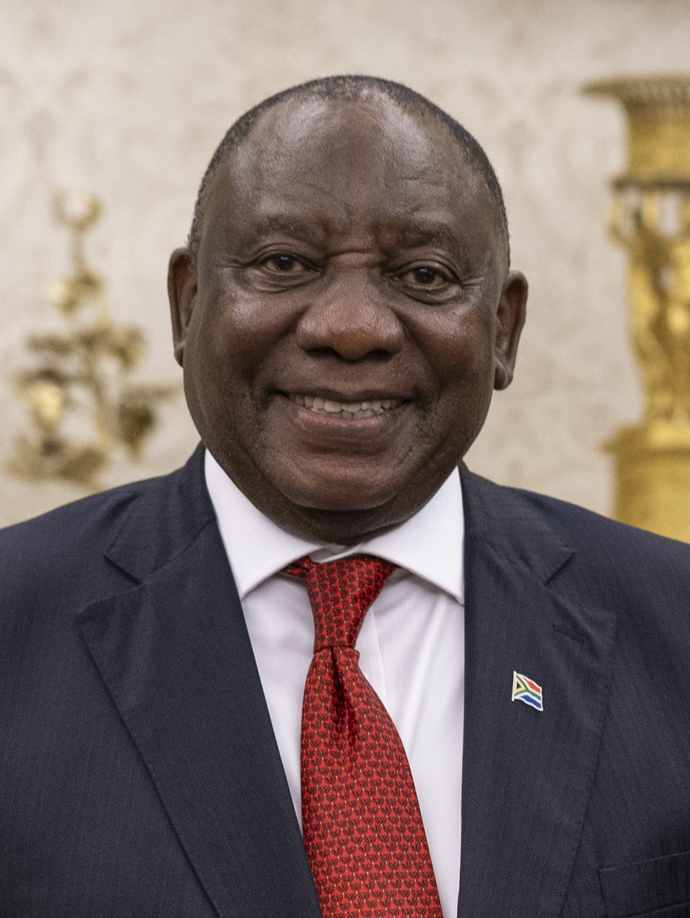Introduction
In an exciting development for the global beverage industry, Coca-Cola HBC, one of the world’s largest bottlers of Coca-Cola products, has acquired a 75% stake in Coca-Cola Beverages Africa (CCBA) for US$2.6 billion, valuing CCBA at approximately US$3.4 billion. This strategic move expands Coca-Cola HBC’s reach into 14 African markets, including key regions such as South Africa, Nigeria, and Kenya. The deal underscores Coca-Cola HBC’s commitment to tapping into Africa’s burgeoning beverage market, which boasts a rapidly growing population and increasing demand for beverages.
In this article, we will explore the strategic significance of this acquisition, its financial details, the benefits it brings to Coca-Cola HBC, and the broader implications for the African beverage market.
Strategic Significance of the Acquisition
Expanding Coca-Cola HBC’s Market Share in Africa
With this acquisition, Coca-Cola HBC strengthens its position as one of the largest Coca-Cola bottlers globally, second only to Coca-Cola European Partners in terms of volume. By taking control of CCBA, Coca-Cola HBC now extends its presence into some of Africa’s most dynamic markets. The continent is seen as a high-growth region for beverage companies, offering vast potential due to a young and rapidly growing population.
The 14 African markets where CCBA operates represent a significant share of Coca-Cola’s volume on the continent. With a strong foothold in countries like South Africa, Nigeria, and Kenya, Coca-Cola HBC is set to tap into new revenue streams, benefiting from the increasing urbanization, higher disposable income, and growing beverage consumption among Africa’s expanding middle class.
Alignment with Coca-Cola’s Asset-Light Strategy
This deal is part of The Coca-Cola Company’s (TCCC) broader strategy to adopt a more asset-light business model, which focuses on marketing and brand management, while bottling and distribution are handed over to bottlers like Coca-Cola HBC. TCCC will divest its stake in CCBA, transitioning from direct control of bottling operations to a model where it focuses on product innovation, brand development, and marketing.
This shift is in line with global industry trends towards franchising and away from heavy investment in bottling plants and distribution. For Coca-Cola HBC, this means it gains greater control over the production and distribution process in these lucrative African markets, which will help it achieve economies of scale and enhance its market power in the region.
Financial Details of the Deal
Transaction Breakdown:
The total value of the deal stands at US$2.6 billion, broken down as follows:
- 41.5% stake from The Coca-Cola Company: Coca-Cola HBC will pay US$1.3 billion in cash for this stake.
- 33.5% stake from Gutsche Family Investments (GFI): Coca-Cola HBC will pay US$1.3 billion for this stake, which will be a mix of cash and Coca-Cola HBC shares (representing 5.47% of its enlarged share capital).
In addition to this, Coca-Cola HBC has the option to acquire the remaining 25% stake in CCBA within six years, further solidifying its control over the bottling operations in Africa.
This move reflects Coca-Cola HBC’s confidence in the African market, as it continues to expand its footprint across high-growth regions. The cash and share mix demonstrates a long-term commitment to the strategic value of the acquisition.
Economic and Market Implications
Boosting the African Beverage Market
This acquisition has the potential to revitalize the African beverage market by bringing greater investment into the sector. Coca-Cola HBC’s strong financial backing will likely lead to improved infrastructure, more efficient production, and enhanced supply chain management across the continent. This will not only benefit Coca-Cola HBC but also boost the local economies where it operates, creating jobs and fostering economic growth in key markets.
With increased demand for beverages due to urbanization, higher incomes, and a young population, the market conditions are ideal for Coca-Cola HBC to increase its market share. By expanding its distribution network and scaling operations, Coca-Cola HBC will be able to reach more consumers, providing them with access to popular Coca-Cola products.
Financial Impact on Coca-Cola HBC and CCBA
For Coca-Cola HBC, the deal is a bold investment in the fast-growing African market, aligning with its long-term growth strategy. While the stock market response was slightly negative, with Coca-Cola HBC shares dropping by 4.2%, the long-term prospects of this acquisition in Africa outweigh short-term market concerns.
For CCBA, the acquisition brings financial stability, access to Coca-Cola HBC’s resources, and an opportunity to expand its capacity in production and distribution. CCBA will benefit from Coca-Cola HBC’s expertise in improving infrastructure and digital transformation.
Challenges and Risks of the Acquisition
Integration Complexity
The integration of CCBA’s operations into Coca-Cola HBC could be challenging due to differences in local market dynamics, supply chains, and customer preferences across the 14 African countries. Coca-Cola HBC will need to navigate these complexities to ensure smooth integration and avoid operational inefficiencies.
Regulatory and Political Risks
While Coca-Cola HBC stands to gain significantly from this acquisition, it must also consider the political and regulatory risks in some of the countries where CCBA operates. Potential changes in tax laws, political instability, and regulatory hurdles could impact profitability and operational efficiency.
Market Competition
Despite being a dominant player, Coca-Cola HBC will face stiff competition from both local beverage companies and other multinational corporations that are also eyeing the African market. Coca-Cola HBC will need to differentiate itself and remain adaptable to the evolving market conditions in these regions.
Conclusion
The acquisition of a 75% stake in Coca-Cola Beverages Africa for US$2.6 billion is a strategic move by Coca-Cola HBC to expand its presence in the African beverage market. With Africa’s young and growing population, coupled with increasing demand for beverages, this acquisition positions Coca-Cola HBC to become a dominant player in one of the world’s most promising markets. While the deal presents challenges, the long-term benefits and growth opportunities outweigh the risks, and Coca-Cola HBC’s strong financial backing should help it successfully navigate these hurdles.
FAQs
1. What is the Coca-Cola HBC acquisition of CCBA about?
Coca-Cola HBC has acquired a 75% stake in Coca-Cola Beverages Africa for US$2.6 billion, expanding its presence in 14 African markets.
2. Why did Coca-Cola HBC acquire CCBA?
The acquisition allows Coca-Cola HBC to increase its footprint in high-growth African markets and strengthen its position as a major Coca-Cola bottler.
3. How will this acquisition impact Africa’s beverage industry?
The acquisition will boost infrastructure, create jobs, and improve supply chains, leading to greater economic development in African countries.
4. What is Coca-Cola’s role in this acquisition?
Coca-Cola will divest its bottling stake in CCBA, aligning with its asset-light strategy, focusing on brand management and marketing rather than direct bottling.
5. What are the long-term benefits of the acquisition?
In the long run, Coca-Cola HBC’s expansion into Africa will lead to increased market share, enhanced supply chain efficiency, and better market access, positioning the company for growth.




